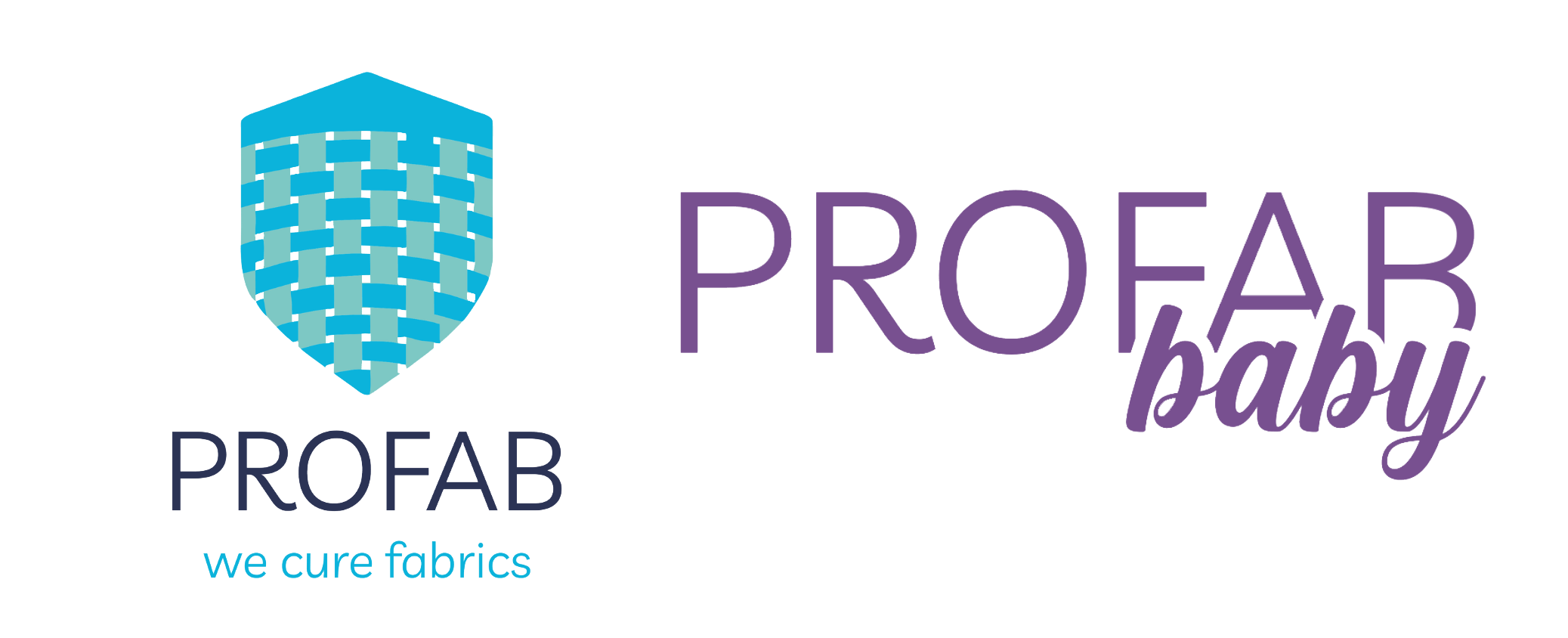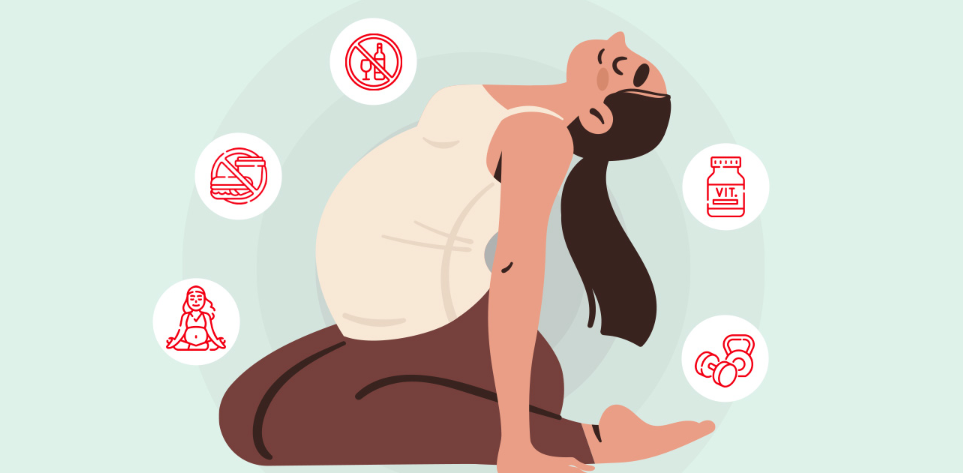1. Myth: The shape of your belly can predict the gender of your baby.
The truth: Carrying low? Legend says you’re having a boy. If your belly is higher up, it’s a girl. Actually, stomach muscles stretch with subsequent pregnancies. So, if a woman’s belly is higher up, it probably just means she has strong abdominal muscles or it’s her first pregnancy.
2. Myth: Your face shape and fullness during pregnancy can predict the gender.
The truth: You may have heard that if a woman has a full face or acne, she’s having a girl. This is false and another old wives’ tale. Your face shape and skin condition during pregnancy are influenced by a number of other factors, like diet and genetics.
3. Myth: Eating papaya leads to miscarriage
The truth: Papaya is believed to cause abortion, and this belief is so deep-rooted in the Indian culture that even the well-informed tend to keep away from it. In reality, it is only the unripe/semi-ripe green papaya that contains high concentrations of latex which mimics the action of labor-inducing hormones like oxytocin and prostaglandins. But as the papaya ripens the latex content decreases and it becomes safe for consumption. So a pregnant mother can very well include ripe papaya in her diet, without causing any harm to the fetus. Papaya controls and prevents constipation and heartburn. It also relieves bloating and gastric disorders, which are common during pregnancy.
4. Myth: Experiencing heartburn during pregnancy means your baby will be born with hair.
The truth: Actually, this one may have some truth. A small studyTrusted Source found that women with mild to severe heartburn gave birth to babies with hair. Researchers think there may be a connection between pregnancy hormones relaxing both part of the lower esophagus and being responsible for fetal hair growth. But more research is needed.
5. Myth- Saffron makes the baby fair-skinned
The truth: The skin color of the baby is purely determined by genes and nothing else. It is a tradition in India to gift pregnant mothers with small boxes of saffron. Milk flavored with a pinch of the powder or few of its strands are given to pregnant mothers, in the hope that it would make the baby light skinned. But there is no truth in this whatsoever.



